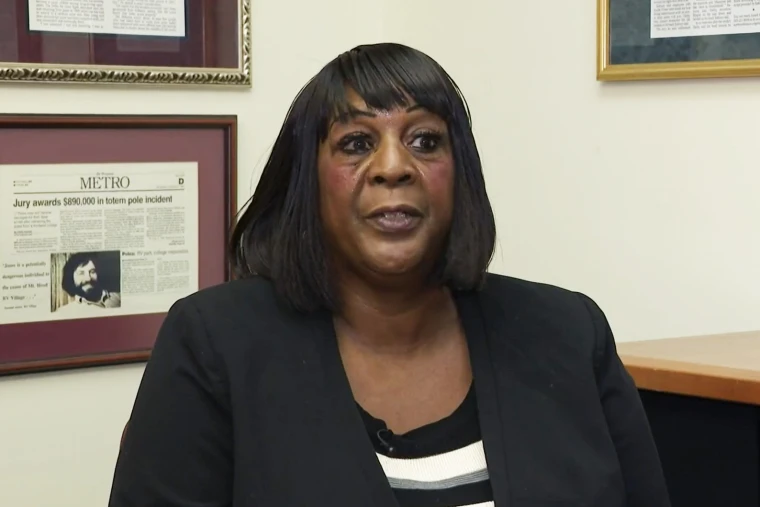Here are the full details of the Rose Wakefield Oregon discrimination case — what happened, how the lawsuit went, and the outcome. If you want, I can explain its legal implications too or similar cases.
What happened
- Who: Rose Wakefield, a 63-year-old Black woman from Portland, Oregon.
- When: March 12, 2020.
- Where: At Jacksons Food Store in Beaverton, Oregon (a full-service gas station)
- What happened:
- Rose Wakefield stopped to get gas. In Oregon, attendants are required to pump gas for drivers at many stations.
- The attendant (Nigel Powers) ignored her and instead served other drivers who arrived after her.
- When she asked for help, Powers reportedly said, “I’ll get to you when I feel like it.”
- She went into the store to request assistance. Another employee eventually helped her by coming outside to pump her gas.
- As she was leaving, she confronted Powers about why she was treated this way; Powers allegedly responded “I don’t serve Black people,” and laughed.
- Aftermath right after the incident:
- Wakefield tried to report the behavior to management multiple times in the week following the event. Her complaints were largely ignored.
- She made calls to a corporate hotline and left a voicemail with a regional manager. Her attorneys claim these were not properly recorded (or in the voicemail case, the message was erased).
- Powers was fired about one month after the incident, but not for the discriminatory statement. Instead, corporate records showed he was disciplined for other infractions (e.g. talking on his cell phone, violating service-order rules).
Legal action & verdict
- Case filed: October 2020, Wakefield sued Jacksons Food Stores and PacWest Energy (the operator).
- Trial: It went to a civil trial in Multnomah County Circuit Court. The trial lasted four days.
- What was argued:
- Wakefield’s attorneys argued that the refusal to serve her was racial discrimination.
- They also alleged that the company failed to properly investigate or document her complaint.
- The defense argued (among other things) that Wakefield was lying and that the station had tried to address the service issue. Jacksons said they have a zero-tolerance policy for discrimination.
Outcome
- Verdict: Jury found in favor of Wakefield. She was awarded $1 million in damages.
- Breakdown:
- About $450,000 for discrimination (actual harm)
- $550,000 in punitive damages (meant to punish and deter similar wrongdoing)
- Among the defendants, Jacksons Food Stores and PacWest Energy were held liable; portions of the damage award assigned among them.
- Company response:
- Jacksons stated that they disagree with the verdict, saying that from their review of surveillance etc. they believed the customer’s concern had been investigated and addressed.
- However, according to the plaintiff, the specific racist comment (“I don’t serve Black people”) was never addressed by the company in their internal investigations.
Significance
- The case is considered by many to be a strong example of how overt racial discrimination in places of public accommodation is actionable under U.S. civil rights law.
- It highlights the importance of documentation, recording complaints, properly training and supervising employees, and having companies take complaints seriously rather than minimizing or ignoring them.
- Also illustrates that non-economic damages (humiliation, racial stigma, emotional distress) plus punitive damages can add up to large awards when there’s clear, intentional wrongdoing.



